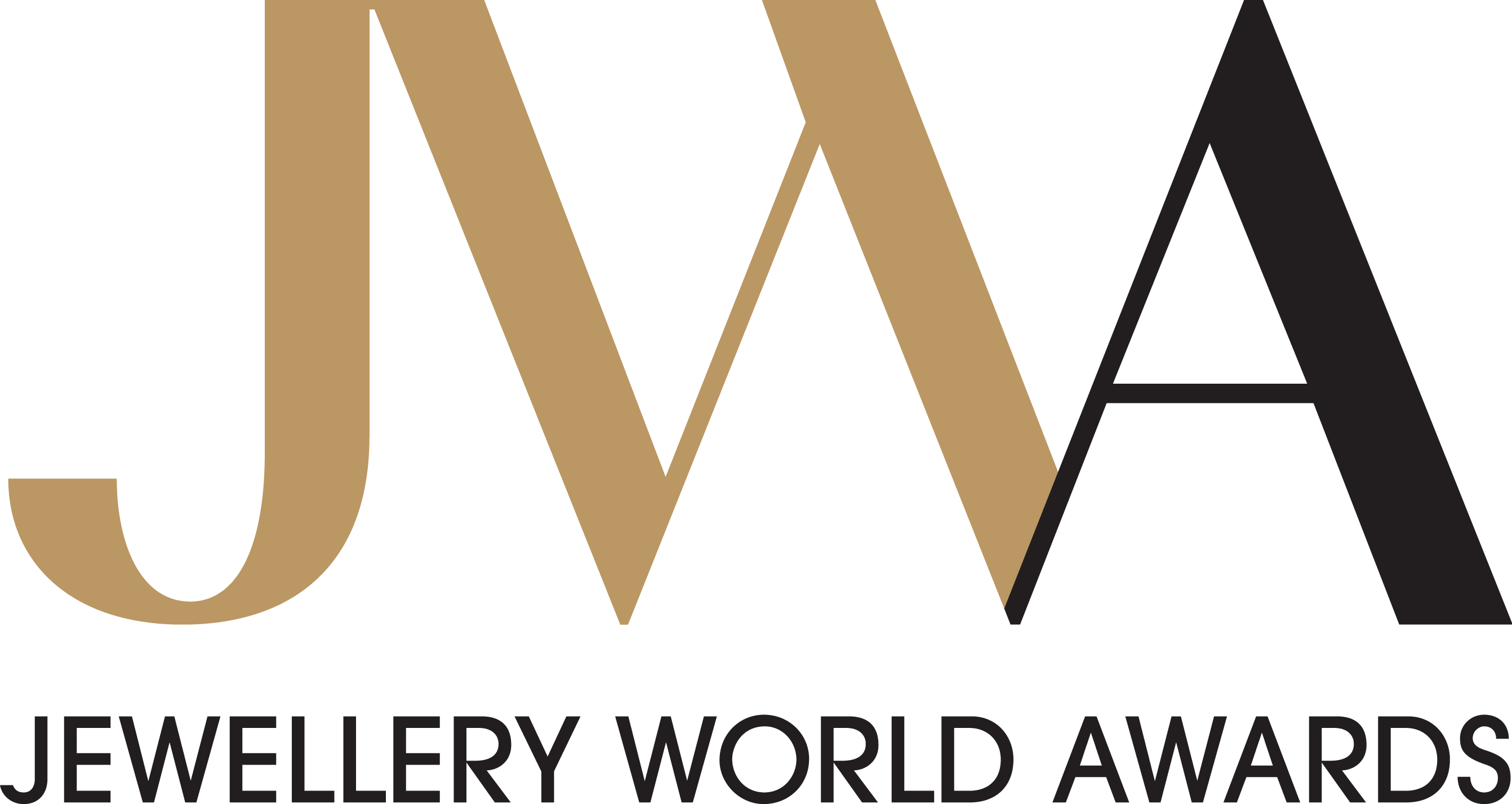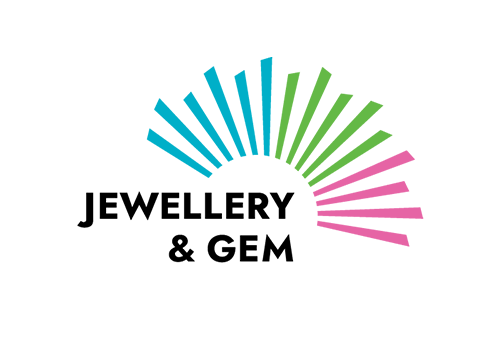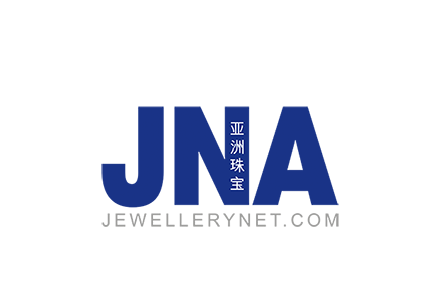VGL, a vertically integrated retailer with a strong multi-channel presence, has demonstrated a robust strategy in transitioning to renewable energy. The company’s solar power capacity now stands at 3.23 MW, achieved through a combination of ground-mounted and rooftop installations that not only meets operational energy needs but also contributes to substantial reductions in carbon emissions. Additionally, VGL’s facility in Jaipur, India achieved the “Net Zero Energy Building” certification by the Indian Green Building Council (IGBC), a testament to its sustainable design and operation. The company also launched conservation programmes focusing on rainwater harvesting, waste management, tree cultivation and the Miyawaki forestry method, among others.
Vietnam-based jewellery manufacturer and retailer Phu Nhuan Jewelry Joint Stock Company (PNJ) embraces an organisational culture of diversity, equity and inclusion (DEI). Proudly championing gender equality and representation, PNJ’s workforce is predominantly composed of female employees at 61.3%, with 40% occupying leadership roles. Additionally, the board exemplifies this commitment, with five out of nine members being female. Engaging actively with community organisations and stakeholders, the company implements initiatives aimed at empowering marginalised groups, bridging social disparities and offering support to individuals facing economic challenges.
Shenzhen Shangshan Intelligence Co Ltd of China stands out for its pioneering Gold Recycle Smart Terminal. The self-service station, which functions like a vending machine, leverages artificial intelligence technologies to automate the gold recycling and recovery process. Customers only need to place their jewellery items into the unit, which identifies and evaluates the gold’s fineness and weight. The terminal will then melt the gold for recycling, with instant payment deposited into customers’ bank accounts or digital wallets. While there is limited evidence linking increased recycled volumes to a reduction in primary mining, the terminal impresses by cutting the environmental footprints associated with the gold recovery process, according to the jury. Furthermore, this advancement holds significant implications for promoting smarter and cleaner circularity, as well as improving efficiencies, particularly within the Chinese market.
Hong Kong-based Chow Tai Fook is committed to fostering communities through sponsored initiatives and volunteer work, including education and talent development programmes. Noteworthy collaborations include partnering with The Chinese University of Hong Kong for the Ancient Gold Techniques Research project since 2014, hosting the “Boutique of Mine” Competition and the Next Producers Inheritance Challenge since 2020, and establishing Loupe – a design and craftsmanship incubation hub from 2018 to 2024 that nurtured 62 global designers-in-residence. The iconic jeweller also drives community projects like “Do Good – Caring Action,” extending support to underprivileged families by offering essential services such as home maintenance, pest control, household cleaning and furniture assistance. What sets this endeavour apart is Chow Tai Fook’s capability to mobilise volunteer support within 24 hours..
Smiling Rocks Limited has allocated 3% of its jewellery and 1% of its loose diamond B2B business revenues to support four key areas: Animal/Wildlife Protection, Medical Support, Education Support and Environmental Protection. An outstanding initiative by Smiling Rocks is the Digital Library project, which successfully established eight digital libraries since 2022, benefiting over 1,500 students in rural areas and underdeveloped cities in India. Additionally, the company empowered approximately 100 women by offering them opportunities to learn essential skills for employment. Furthermore, through collaboration with the Smile Network, Smiling Rocks played an essential role in providing life-changing cleft lip surgery to children in disadvantaged communities worldwide.
Fine Jewellery Manufacturing Ltd of India prioritises ethical practices every step of the way, guided by the principles of the 3Rs – Reduce, Reuse and Recycle – and the 3Ps – Planet, People and Product. The company is committed to sourcing 100% recycled precious metals through Responsible Jewellery Council (RJC)-certified metal refineries, has transitioned to 100% green electricity directly from the grid (not by purchase of Renewable Energy Certificates), has shifted from traditional packaging materials to eco-friendly alternatives such as cardboard boxes, biodegradable plastic and eco-friendly adhesive tapes, and has reduced its operational carbon footprint from 793 metric tonnes of carbon dioxide-equivalent (MTCO2e) to 40 MTCO2e (compared to the base year 2020 – 2021) by using renewable energy. By 2027, Fine Jewellery aims to achieve carbon neutrality across all aspects of its operations.
Shree Ramkrishna Exports Pvt Ltd (SRK) is the first diamond company to embrace the Science-Based Targets Initiative (SBTi) as a core component of its sustainability strategy. This commitment involves setting science-backed emission reduction targets and striving to achieve net-zero emissions for its diamond crafting facilities by the end of 2024. SRK’s focus on reducing carbon emissions is at the heart of its ongoing efforts. Of particular note are SRK’s flagship facilities, SRK Empire and SRK House, both holding LEED Platinum certifications. Through continuous enhancements and real-time monitoring of energy usage, water consumption, waste management, transportation practices and occupant satisfaction, these buildings consistently rank among the world’s highest-performing LEED-certified structures, surpassing thousands of certified buildings globally.








